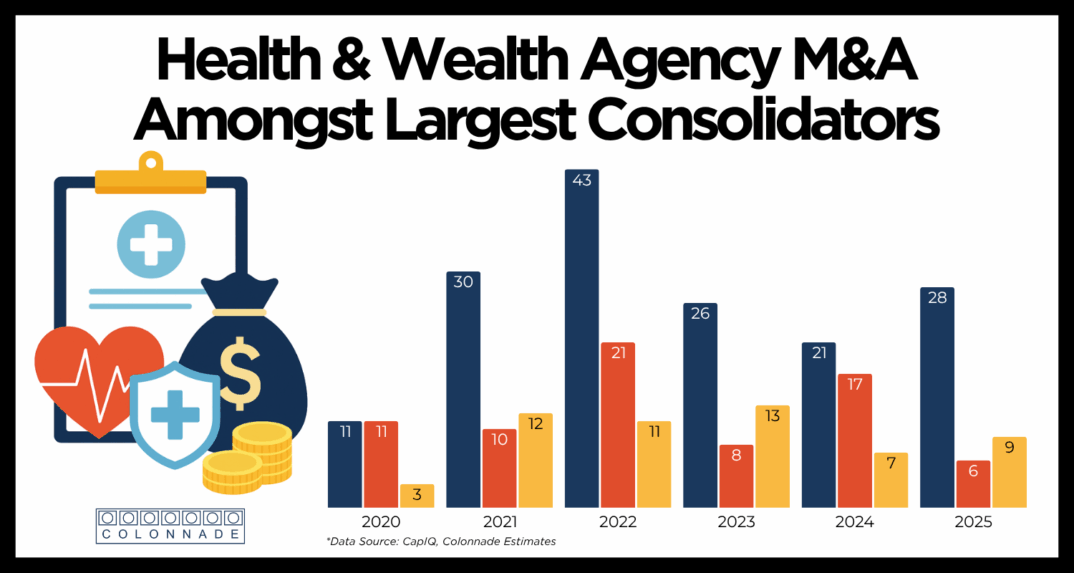CFPB Finalizes New Rule Expanding Data Collection Requirements for Small Business Credit Applications

On March 30, the CFPB finalized a new rule for data collection on small business credit applications. Banks, credit unions, savings associations, and other non-bank lenders will be required to collect and report demographic and geographic data along with lending decisions and the price of credit for each application. The rule classifies small businesses as ones with gross revenue under $5 million in its most recent fiscal year, and covers closed-end loans, lines of credit, online credit products, business credit cards, and merchant cash advances by banks, credit unions, and other lenders. It will be implemented in different phases depending on the size of the financial institution. The largest lenders, those originating at least 2,500 small business loans annually, will be required to collect this data starting October 1, 2024. Lenders that originate between 500 and 2,500 loans will start reporting April 1, 2025, and those originating less than 100 loans annually must comply by January 1, 2026.
The CFPB stated that this rule serves as a way to enforce the fair lending laws created by the Dodd-Frank Act. It hopes that increased transparency in small business lending will reduce discriminatory practices and spur economic development. According to CFPB Director Rohit Chopra, “This small business loan census will give the public key data on this market to ensure that banks and non-banks are serving small businesses fairly.” In order to facilitate adoption, the CFPB is providing various resources to lenders, including online filing instructions, email support for technical and compliance questions, and open-source APIs to develop data reporting tools.


